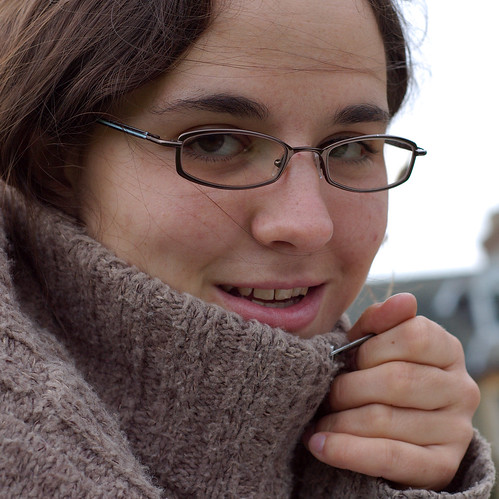' "I can't believe THAT!" said Alice.
"Can't you?" the Queen said in a pitying tone. "Try again: draw a long breath, and shut your eyes."
Alice laughed. "There's no use trying," she said: "one CAN'T believe impossible things."
"I daresay you haven't had much practice," said the Queen. "When I was your age, I always did it for half-an-hour a day. Why, sometimes I've believed as many as six impossible things before breakfast." 'Through the Looking Glass, Lewis Carroll, 1871 (UK originally, available on Project Gutenberg - see earlier link for text)
The 'six impossible things before breakfast' tag is one of the most quoted in the Alice books. A quick google reveals a load of blogs with it as the title. I seem to remember a series of religious lectures and/or pieces of writing with that title, too, though I can't seem to find many references to them. I'm sure they are there - it's too tempting an idea to pass up, for similar reasons that I've found it such a useful quotation to use here. I dislike it as an argument for faith though, I think if faith must be reduced to an 'impossible thing' requiring merely belief and no interrogation, then it is not worth it. I'm not trying to get at that here, there's a difference between coming at something with a fresh and open and unhindered outlook, and merely trying to believe the impossible if detailed scrutiny of the subject in question does not in the end encourage you (personally) to believe it. Of course, if detailed scrutiny of the object in question leads you towards belief, if you've come at it without any agenda whatsoever and evidence that satisfies you with regard to accepting the hypothesis that God exists, then belief is by all means to be encouraged. The jury's out, there. But that's another story.
I showed that link to Jenny at work. She called it dumb, and said that even at 6 she would have realised it was a bad idea. I thought that was kind of sad, actually. Limiting your younger self, holding back its freedom to have been innocent of any idea of constraint. I sort of hope that if the idea had occurred to me and suitable friends hadn't dissuaded me, I might have done something like it. Of course, practical things like remembering you would need a plane ticket are likely to have hindered me - the perils of being organised even as a 6 year old (though I'm not sure I was a very organised 6 year old, I think I grew into that particular element of my personality). I suspect that's where Jenny was coming from, really, even if it wasn't the way it came across to me in the Skype conversation where we talked about it. But something else, equally adventurous, I hope I might have tried. Wishful thinking, maybe, to envision in one's childish self ways of existing that it would be nice to embrace now. Something about, if they'd existed once before, it being easier to dredge up and reinstate those traits in one's current self.







No comments:
Post a Comment